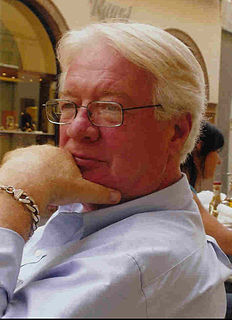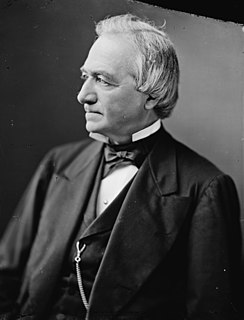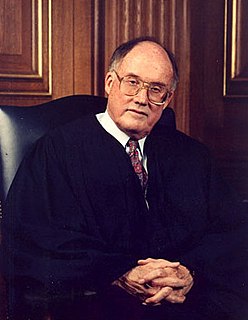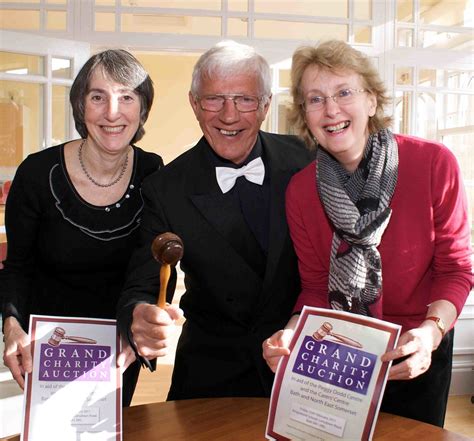A Quote by Recep Tayyip Erdogan
Similarly, gender-equality, supremacy of law, political participation, civil society, and transparency are among the indispensable elements that are the imperatives of democratization.
Related Quotes
[T]here are, at bottom, basically two ways to order social affairs, Coercively, through the mechanisms of the state - what we can call political society. And voluntarily, through the private interaction of individuals and associations - what we can call civil society. ... In a civil society, you make the decision. In a political society, someone else does. ... Civil society is based on reason, eloquence, and persuasion, which is to say voluntarism. Political society, on the other hand, is based on force.
If welfare and equality are to be primary aims of law, some people must necessarily possess a greater power of coercion in order to force redistribution of material goods. Political power alone should be equal among human beings; yet striving for other kinds of equality absolutely requires political inequality.
The great paradox of the civil rights revolution is that instead of enforcing and expanding equality before the law, the revolution created differential rights based on race, gender and, any day now, sexual orientation. The great liberal revolution, centuries in the making, that brought forth equality in law has been overthrown. In its place we see rising a new feudal legal order of status-based rights.
... we believe in the vocation of communion and participation of our people, who day to day awaken to their political conscience and express their desire for change and profound democratization of society. A change based on justice, built with love, and which will bring us the most anxiously desired fruits of peace.
U.N. Women was created due to the acknowledgement that gender equality and women's empowerment was still, despite progress, far from what it should be. Transforming political will and decisions, such as the Member States creating U.N. Women, into concrete steps towards gender equality and women's empowerment, I think is one of the main challenges.
Aberjhani's writing blows the mind and frees the psyche of any rigid assumptions about ancestral heritage. Here, our collective experience is starkly rendered. The transparency of one culture overlays another, and another, to form the daguerreotype of possibilities that is homo sapiens, interacting, almost like the elements themselves, with the created world and modified only by context and its imperatives.

































